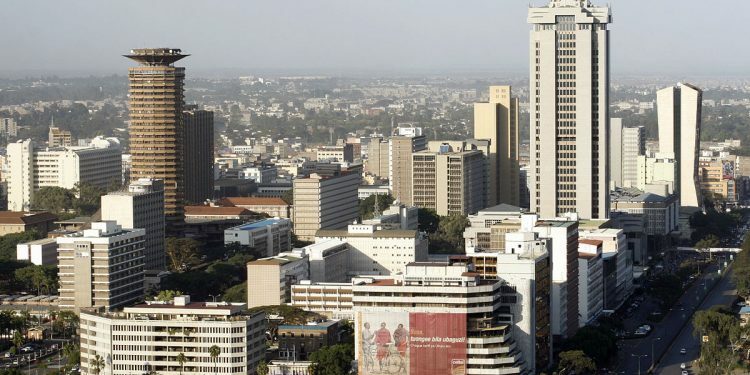Kenya’s business environment experienced a decline in February for the first time in six months, causing concerns about potential job losses as households and businesses reduced their spending due to escalating inflation, taxes, and concerns over exchange rates.
The S&P Global Kenya Purchasing Managers’ Index (PMI) fell for the first time since October to 46.6 in February from 52.0 a month earlier. Readings above 50.0 signal growth in business activity, while those below that point to a contraction.
“The downturn in sales led Kenyan companies to make renewed cuts to activity, employment and purchasing in February. Output fell sharply and for the first time in four months, while input purchases fell for the first time since last August. While job losses were only mild overall, they were the strongest seen since April 2021,” according to the survey.
The Stanbic survey attributed the drop to higher import costs after the currency depreciated and “reports of tax burdens”, which drove up costs,
“The increase in input costs and consequently output charges… is amongst the highest since the series began in 2014,” said Mulalo Madula, an economist at Stanbic Bank, which is involved in the survey.
The shilling, which has been breaching a series of record lows for months, is down 3% versus the dollar so far this year, hitting a new low of KES 127 against the dollar.
Currently, Kenya’s overall inflation hit 9.2 per cent in February from 9 % in January, sustained by rising food and fuel prices.
Read also; Private Sector Activity Jumps in January-PMI.




